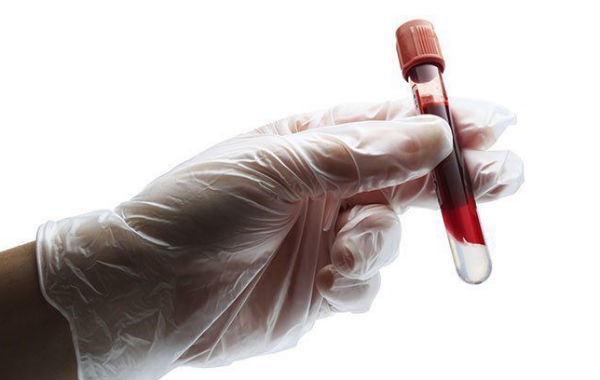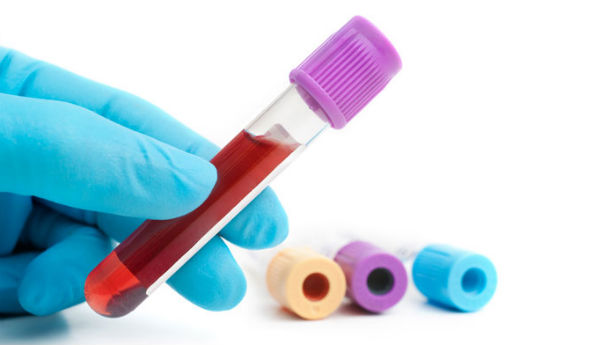Your blood is responsible to carry nutrients, minerals, body fluids and most importantly, oxygen to different parts of your body. Whenever your body is attacked or affected with infection, inflammation or any other disease state, it produces chemicals that notify your system that something is wrong. This is why, for most types of disorders, a blood test is carried out to diagnose a health condition.

Blood tests can say a lot about your system functionality. Therefore, they are divided into varied types that serve a specific medical purpose. As a patient who is undergoing such a test, there are some things that must be known before you take a blood test.
Here are 10 things that you need to know before a blood test
1. Type of Test you are taking
You must know which type of blood test you will undergo as there are minute changes in two similar types too. A basic understanding is therefore necessary.
As mentioned before, there are “n” number of health problems that can be studied with the help of a blood test. As a result, blood tests have different types, and aim towards learning each problem individually.
Blood test can be in a form of a singular test or group tests (also known as a profile). A profile contains more than one type of blood test or more than one type of diagnosis in a single test. For example, in a thyroid profile, blood is sampled to learn about levels of T3, T4, T3RU and TSH.

Other types of blood tests include blood culture test, smear test and other types. Blood culture test is performed to study specific types of infections. Blood in such test is cultured and kept under observation to learn about the nature of infectious microorganisms in your blood. A smear blood test is a microscopic examination of your blood for variety of medical reasons. Other types of blood tests usually include learning about the measurement of a specific component that is present in your bloodstream.
2. Normal and abnormal measurements
Blood analysis for counting the amount of a particular substance should be within its normal range. If the count exceeds or becomes less than its normal range, body tasks begin to alter. This causes minor to major problems with respect to the substance we are addressing.

Note that the normal range of measurements for blood tests differs in men and women.
3. Diet
Few types of tests need a proper follow-up of diet, 1-2 days prior to the day of test. Some are asked to avoid specific food items or beverages (alcoholic/non-alcoholic) 2-3 days prior to the test, whereas others are asked to fast, hours before the test. The change in diet depends on the type of test you are taking.
4. Medication
 If you are taking a routine check-up that doesn’t usually need a prescription, you must note down this point. Before going for few tests, you may require to discontinue medicines that can alter your test reports. If you do not have any idea about the same, talk to the lab technician in advance.
If you are taking a routine check-up that doesn’t usually need a prescription, you must note down this point. Before going for few tests, you may require to discontinue medicines that can alter your test reports. If you do not have any idea about the same, talk to the lab technician in advance.
5. Pregnancy
While taking a blood test it is important to inform your doctor if you are in your gestational period. During pregnancy, a lot of hormonal changes occur that will be reflected in the blood reports of that woman. As a result of which, sugar levels may increase. Test reports will be considered according to a pregnant state of that patient.
6. Previously diagnosed disorder
Nothing is ever completely cured. If you are previously diagnosed with a disorder, there can be a possibility that the micro-organisms associated with it still remain inside your body. Even though the disorder is treated, patients experience risks and complications after the cure. You should inform the lab assistant about your previously diagnosed disorder which may be one of the problems that reflects on your test results. risks and complications, even after a cure.
7. Health history (hereditary)
The study on your blood samples will be done with respect to certain points. One of them is your family’s health history. A hereditary health issue can be seen in your blood reports. This is why you should keep your physician informed in advance about the same.
8. Disorder that may spread through body fluids
 If you are suffering from a serious disorder like HIV, you should let your lab technician know. This is because such diseases can spread through body fluids. Lab analysts must be extra careful with the blood samples of such individuals.
If you are suffering from a serious disorder like HIV, you should let your lab technician know. This is because such diseases can spread through body fluids. Lab analysts must be extra careful with the blood samples of such individuals.
9. Number of samples required for your blood test
For some tests, it is important that blood samples are collected by lab assistants on more than one occasions. This step depends on the type of examination you will undergo. So be well prepared. Carry a packet of biscuits containing glucose or juice to keep you energetic after you have provided your blood.
10. Immediate precaution
Some patients show sudden reaction on their skin or body area from where blood is collected. On the other hand, few cases may require an immediate precautionary measure, right after the test is conducted. For example, the point of injection can lead to swelling or any other issue after the test is done. Using an ice pack can help reduce it.
Remember all the above points. They can be useful for you in some way. Apart from the mentioned ones, there are general points that every patient must consider. If you have symptoms like weakness, fatigue, or any thing associated with a low energy, carry an energy drink or ORS supplement. Take at-least one glass of it after you have given blood.
Apart from all this, rest is the most important thing that patients with ill health must take. Drink plenty of water and keep your body hydrated enough. Eat healthy to stay healthy.